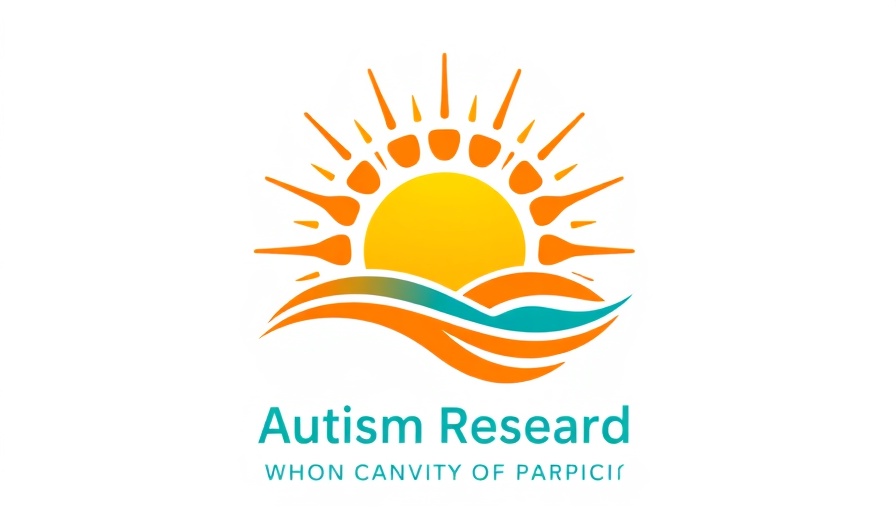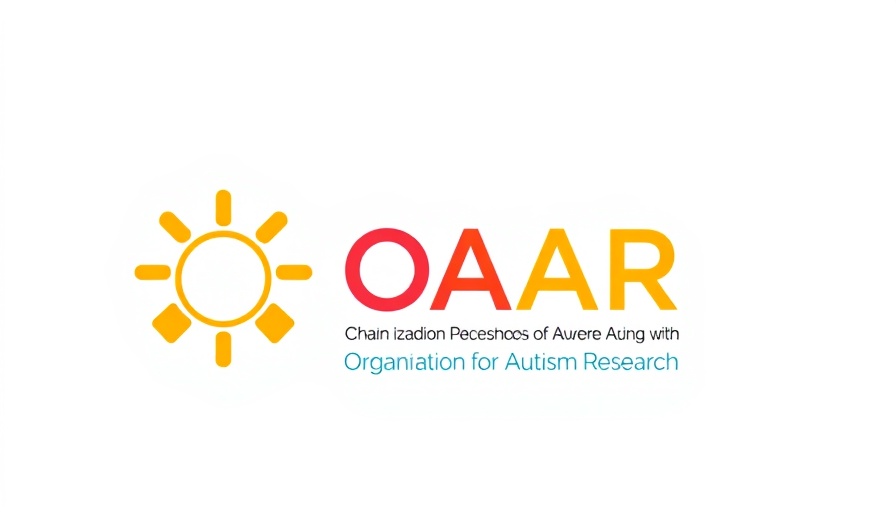
Why Outdoor Activities Benefit All Kids
Taking kids outside has become more important than ever, especially in a world where screen time dominates our daily routines. Parents and caregivers may wonder how outdoor activities can cater to children of all needs. What if they hesitate to engage? The good news is that the outdoors offers an abundance of opportunities that are adaptable to every child's physical, mental, and sensory needs.
The Power of Outdoor Sensory Experiences
One of the greatest advantages of outdoor activities is their ability to immerse children in rich sensory experiences. The vibrant textures of mud, the silken feel of grass, or the splash of cool water can engage the most curious minds. For children who require sensory support, these activities can help them explore and understand their environment in a safe and satisfying manner.
Imagine a day spent at a park, where children can run barefoot on a grassy field or sift their fingers through sand. These textures provide tactile stimulation that can enhance their developmental skills. Exploring natural elements not only calms anxious minds but also channels energy into creative play without the pressure of structured activities.
Developing Motor Skills in a Fun Way
Outdoor play is essential for developing motor skills for all kids. Activities like biking, running, or climbing trees contribute to balance and coordination, skills necessary for everyday living. Even gardening is a perfect way to boost their development while having fun. Older children can learn to use gardening tools, allowing for a sense of accomplishment and responsibility in their tasks.
Through play, kids develop their fine and gross motor skills inadvertently. Tumbling on a soft surface or playing throw-and-catch games helps strengthen their hands and arms, improving grip and hand-eye coordination. The beauty of outdoor play is that learning is organic and tailored to each child's pace. Every catch, kick, and throw contributes to their growth!
Exploring Nature: The Fun Never Ends
Outdoor spaces offer endless opportunities for creativity and exploration. Kids rarely get bored when they are surrounded by nature. Scavenger hunts, bug catching, or creating art with found objects encourage curiosity and imagination. Why not harness this enthusiasm by organizing family BBQs and allowing them to assist with meal preparation while learning about healthy eating? Together, these activities not only strengthen familial bonds but provide fantastic learning experiences.
Engaging kids in cooperative activities, like building outdoor forts or gardening, fosters teamwork and communication. As they work alongside their peers, they build friendships and develop social skills. Every adventure outside leads to memorable moments that shape their characters.
Encouraging Family Participation
The magic of outdoor activities is magnified when families participate together. Creating a culture of adventure primes children to appreciate nature’s beauty and learn the importance of physical activity. Designate certain afternoons weekly to explore new parks or trails, engage in hiking, or even volunteer for local cleanups. Each outing offers a chance to bond and build lasting memories.
Involving diverse family members, from grandparents to siblings, presents varied perspectives and shared experiences. This inclusivity allows children to view the world differently; they learn the value of empathy, kindness, and mutual respect through everyday interactions.
A Call for Family Outdoor Adventures
Now more than ever, it's vital to realize the importance of facilitating outdoor activities for our children. Every child, irrespective of their needs, should experience the joy, freedom, and learning inherent in playing outside. Take advantage of warmer weather to explore, grow, and learn as a family. Let the charm of the outdoors envelop your family in adventures that inspire vitality and foster connection.
So why not pick up a frisbee, grab a picnic blanket, and head to your favorite park? The world outside your door is waiting, and it's bursting with opportunities that beckon. Let’s make precious memories together!
 Add Row
Add Row 

 Add
Add 


Write A Comment